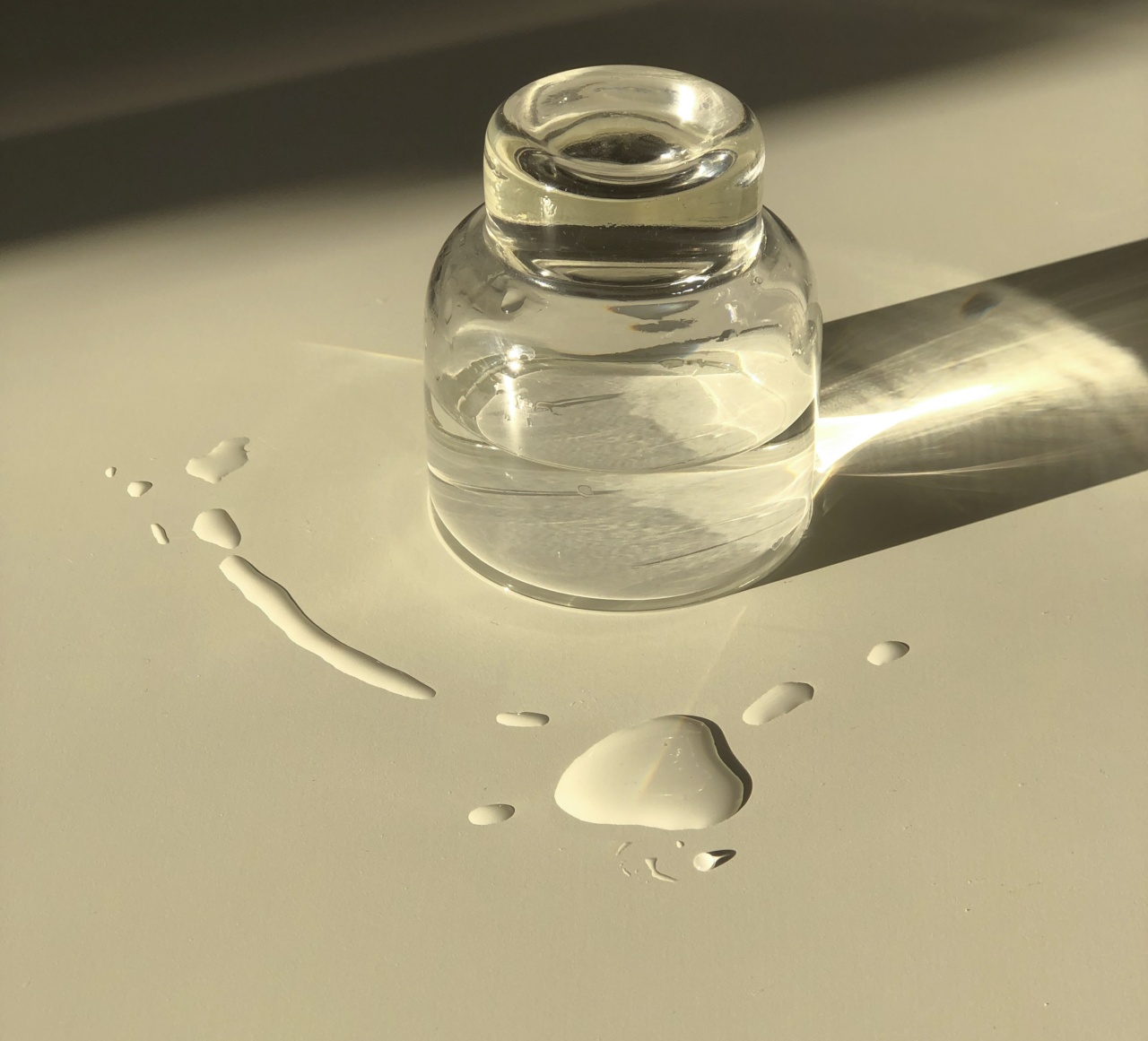Bisphenol A, commonly known as BPA, is a chemical compound that is used in the production of several plastics and resin-based products. It is widely used in food packaging, water bottles, and canned foods.
While BPA has been in use for several decades, there are growing concerns about its potential health risks. Several studies have suggested that exposure to BPA can lead to adverse health effects, including reproductive problems, developmental issues, and cancer. In this article, we will discuss ways to minimize your exposure to BPA and protect your health.
What is Bisphenol A (BPA)?
Bisphenol A is a synthetic compound that was first synthesized in the 1890s. It is used in the production of several types of plastics and resins, including polycarbonate plastics, epoxy resins, and even thermal paper used for printing receipts.
BPA is a colorless and odorless solid, and it is often added to plastics to make them more durable and resistant to heat and moisture.
How are People Exposed to BPA?
BPA can be found in numerous products, including water bottles, baby bottles, food containers, and even dental fillings. Exposure to BPA can occur through several routes, including:.
- Ingestion: Via food and drink packaged in materials containing BPA
- Inhalation: Via dust and air contaminated with BPA
- Direct Skin Contact: Via handling of products that contain BPA
Health Risks of Bisphenol A (BPA)
Several studies have suggested that exposure to BPA can lead to various adverse health effects, including:.
- Reproductive problems: BPA has been linked to fertility problems in men and women, including reduced sperm counts, testicular cancer, and early onset of puberty in girls.
- Developmental issues: BPA exposure during pregnancy has been linked to developmental problems in fetuses and young children, including behavioral issues and learning disabilities.
- Cancer: Some studies have suggested that BPA exposure may increase the risk of certain cancers, including breast and prostate cancer.
- Other health effects: BPA has also been linked to other health problems, including obesity, diabetes, and cardiovascular disease.
Minimizing Exposure to Bisphenol A (BPA)
Fortunately, there are several steps you can take to minimize your exposure to BPA:.
- Avoid using plastic containers with recycling codes 3 or 7. These often contain BPA.
- Avoid heating food in plastic containers or using plastic wrap to cover food during heating. BPA leaches from the plastic when it is heated.
- Opt for glass, stainless steel, or ceramic containers for food and drink storage. These are BPA-free and do not leach any harmful chemicals.
- Avoid canned foods as much as possible. The lining of many canned foods contains BPA, which can leach into the food.
- Choose fresh foods whenever possible. Avoid processed foods that may be stored in containers made with BPA.
- When possible, choose BPA-free dental fillings, or discuss alternative options with your dentist.
The Bottom Line
Bisphenol A is a widely used chemical that has been linked to several health risks, including reproductive problems, developmental issues, and cancer.
While it is almost impossible to avoid exposure to BPA entirely, there are several steps you can take to minimize your exposure and protect your health. By avoiding plastic containers with recycling codes 3 or 7, opting for glass, stainless steel, or ceramic containers, and choosing fresh foods whenever possible, you can help reduce your exposure to BPA.




























